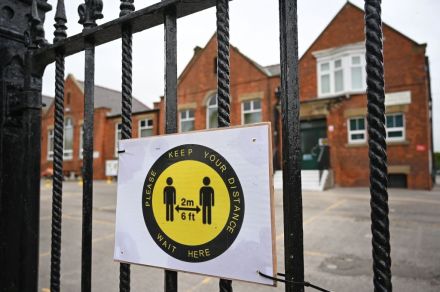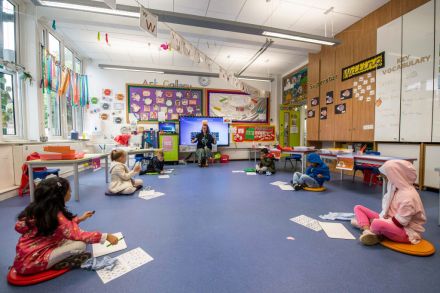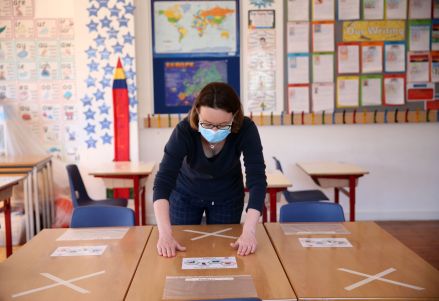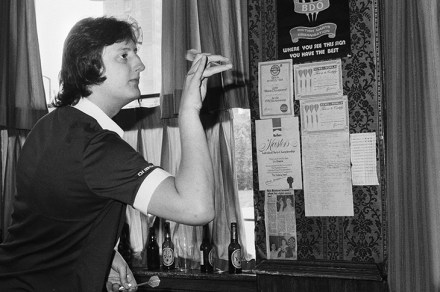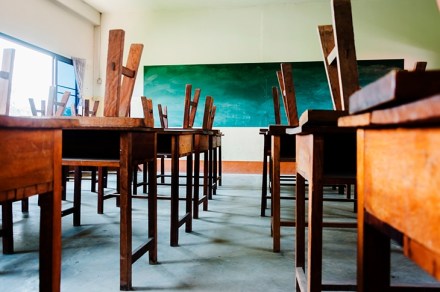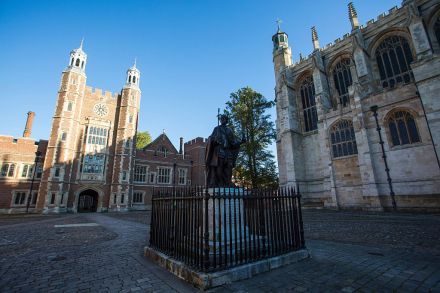Is it really necessary for schools to be closed?
With Primark open, parents can once again buy cut-price school uniforms for their children. Whether those children will get to wear them before they grow out of them is an open question. The government has abandoned plans to get all primary school children back into the classroom before the end of term, and Matt Hancock has questioned whether secondary school children will even be back in September. But was it necessary to close schools at all? The Imperial College Report 9 of 16 March is credited with changing the government’s coronavirus policy and sending the country into lockdown. Yet the report did not really press for closing schools. Its data
